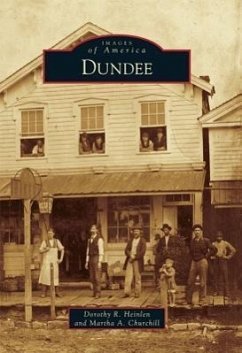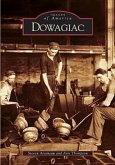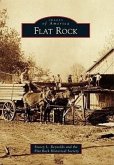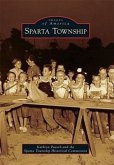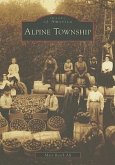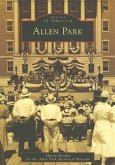Shortly after its founding in 1824, Riley Ingersoll and George Wilcox built cabins in the wilderness that would become Dundee. Sybrant Van Nest platted the village along the north shore of the River Raisin and offered it for sale in 1835. His broadside advertised two first rate Sawmills and one small Gristmill in the village, and a large and elegant Tavern House. Eventually so many trails and roads crisscrossed in Dundee that the little farming community was dubbed The Hub of the Highways. During the Great Depression, Henry Ford saved the decrepit Old Mill by turning it into a Village Industry. Michigans only triangular downtown, with its 1870s brick Italianate buildings, and the Old Mill were placed on the National Register of Historic Places in 1990.

